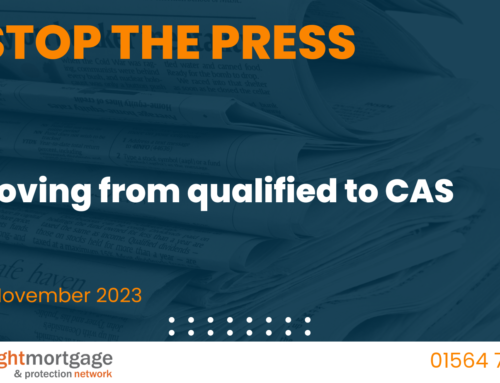BY: Doug Hall, Director, 3mc
________________________________________________________________________
The self-employed sector is one that has undergone a transformation in recent years. It isn’t simply a case that numbers have risen (there are now 4.8 million self-employed in the UK, compared to 3.8 million in 2008), but self-employment is now the preferred way to work for many of those starting work for the first time.
The self-employed represent 15% of the total UK workforce, with 60% of the growth in self-employment over the past 5-years coming from higher skilled managerial, professional and associate professional jobs. All of which is great news.
Historically, however, the self-employed have often had to struggle when it came to getting a mortgage, especially if the applicant had less than 3-years trading records to show. But there have been significant changes in recent years. At today’s count, for example, there are at least 11 specialist lenders that will accept self-employed applications with just 1-year’s accounts and lenders such as Saffron Building Society will now accept applications up to 90% LTV. The self-employed no longer need to feel marginalised.
Dealing with self-employed applications can, however, still be challenging for brokers, especially when it comes to understanding the different ways in which lenders assess income.
From a lender’s perspective, the self-employed are considered to be either sole traders or owners of limited companies with at least a 20% shareholding. Although many mainstream lenders will accept 2 year’s trading accounts and in the case of a limited company they tend to focus on just director’s remuneration and dividends when assessing income (using an SA302), which can penalise some self-employed applicants.
Many will ignore factors such as profit retained in the business, pension contributions, car allowances and use of the home as an office and the lender may work with an average of the last 2 or 3 years figures, rather than the most recent results.
A number of specialist lenders, on the other hand, will accept just 1-year’s accounts and may instead focus on the net profit retained in a business as well as directors remuneration. There is also a lender that will focus on operating profit (gross profit minus operating expenses and before the deduction of tax), which is arguably more akin to the way employees are assessed using gross salary.
This can make a big difference. Consider the following example, which shows that whereas a mainstream lender may consider the applicant’s income to be £100K a specialist lender (in this example, The Mortgage Lender) would regard the same person as having an income of £665K, subject to a full assessment. That’s a big difference!
The applicant is a 100% shareholder of a limited company and his accounts show profit before tax of £495K, net retained profit of £395K, dividend payments of £100K and a lump sum pension contribution of £170K. In this instance TML was willing to work with an operating profit of £495K and also take into consideration the pension payment of £170K. A mainstream lender, on the other hand, may work off just the £100K dividend, as they may see that as the only source of personal income.
Brokers therefore need to understand which lenders are most sympathetic to self-employed borrowers and, if in doubt, it’s worth seeking the input of a specialist distributor who can help to highlight the differences between lenders.
The good news is that the self-employed now have far more mortgage options available to than ever before. Which has to be a welcomed development.
More changes from specialist lenders
Specialist lenders have continued to enhance their product ranges in recent weeks:
Precise Mortgages has refreshed its entire BTL range with rates starting from 3.19%. The range includes new packager exclusives for landlords with less than perfect credit profiles.
Kent Reliance has reintroduced their previous lowest ever priced 75% LTV 5 year fixed rates for BTL Standard and BTL Specialist products.
Saffron for intermediaries has Increased LTV to 90% for Self Employed with just one year’s accounts. This is also available for First time buyers.
Magellan Homeloans has made various criteria improvements to include one year’s self-employed trading accounts can now be considered on M1 products.
Foundation Homeloans has launched new BTL products to include the return of the Elite Partners range to include a 5-year fixed exclusive at 3.45% with rental from 125% at the pay rate.
Bluestone Mortgages has made various criteria improvements including increasing its maximum loan to value to 85% and also launched criteria for clients who have been previously bankrupt.
Paragon Mortgages launched new and improved products for its Paragon Premier range. The Paragon Premier is available to 80% loan to value and is available via selected packagers.
Vida Homeloans launched a new ‘Limited Edition’ range for both residential and BTL clients, launching their lowest ever rates.
Kensington Mortgages has introduced a new “Select” range to include a 90% Loan to Value specialist distributor range only available through selected firms.





